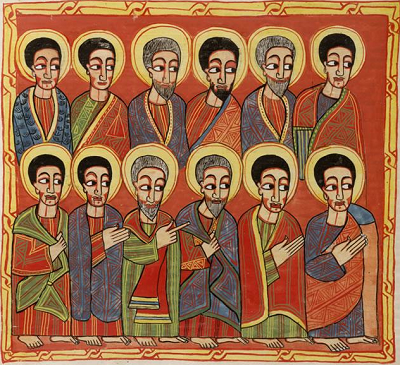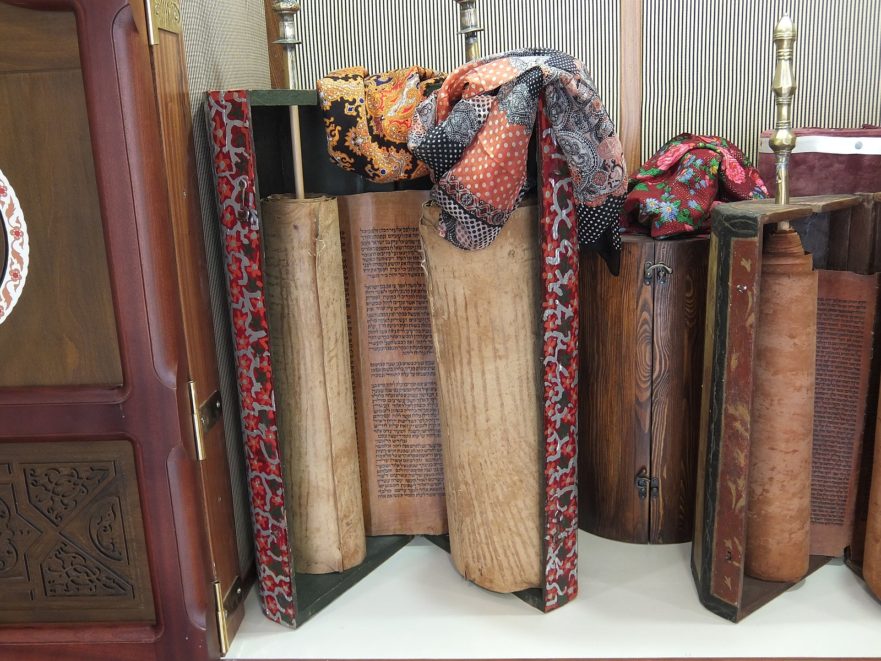Mark’s text appears to be a midrashic expansion of the original version of Jesus’ death on the cross.
What Was Simon Peter Wearing When He Plunged into the Sea?

Was Peter actually fishing naked, or was he merely “stripped to the waist,” as the Living Bible says? And what did he put on before swimming to Jesus?
If a Jew mistreats a Jew, does that make him anti-Semitic?

There is an important distinction between the anti-Judaism present in portions of the New Testament and modern anti-Semitism.
Acts 24:25: Righteousness, Self-Control and the Judgment to Come
Sermon preached on June 28, 1997.
The Cross: A Symbol of Solidarity
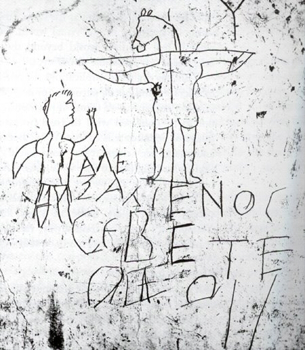
For Christians the suffering that Jesus endured, especially on the cross, has far reaching spiritual, theological and doctrinal significance. Accordingly, the cross has assumed a place of prominence in both Catholic and Protestant symbolism.
The Book of James: A Positive View of the Law
Sermon preached on March 8, 1997.
Hendiadys in the Synoptic Gospels

Hebraisms are as ubiquitous in the Synoptic Gospels as cats in Jerusalem.
Gergesa, Gerasa, or Gadara? Where Did Jesus’ Miracle Occur?
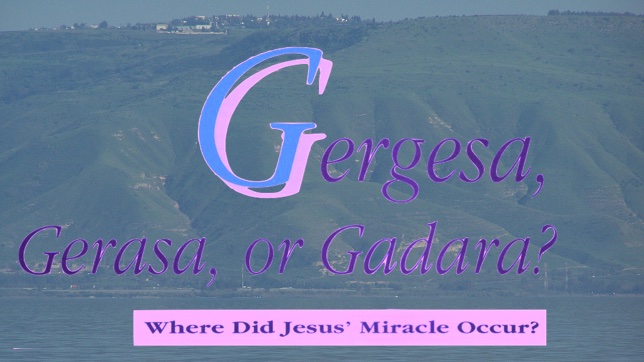
Christian tradition, at least since the fourth century, has identified Kursi-Gergesa with the miracle of the swine. But can this tradition be trusted? An Israeli geographer-historian gives us his answer.
Anti-Jewish Tendencies in the Synoptic Gospels
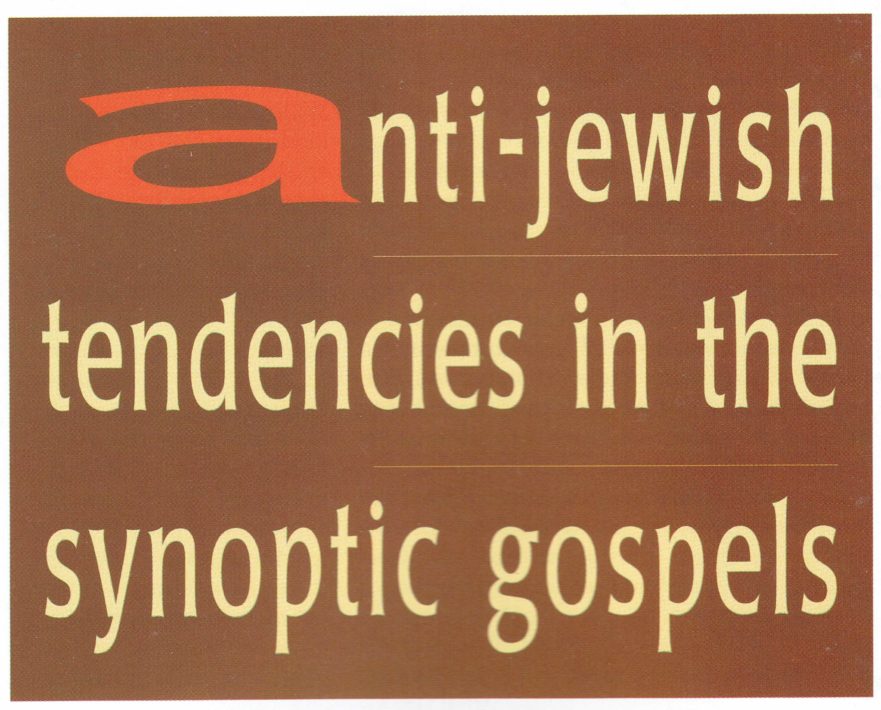
The scourge of anti-Semitism has not departed from the Church. Though recently there have been encouraging signs, many Christians still harbor prejudice against Jews. The Synoptic Gospels may have helped spawn this prejudice. They may even play a continuing role in perpetuating it.
Paraphrastic Gospels
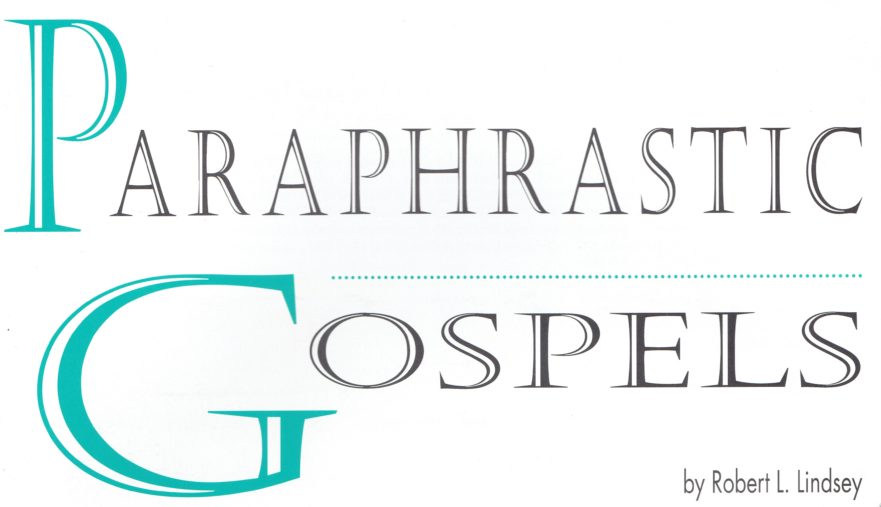
As Robert Lindsey realized in 1962, Mark reworked Luke’s Gospel in writing his own. Mark liked to substitute synonyms for nearly anything that Luke wrote. If, for instance, Luke used the singular of a noun, Mark substituted the plural form of the same noun in writing his Gospel. And vice versa: if Luke used the plural, Mark substituted the singular. In this article, Robert Lindsey surveys a unique substitution category found in Mark’s Gospel: the replacing of one verse of Scripture with another.
Esteeming the Jewish People
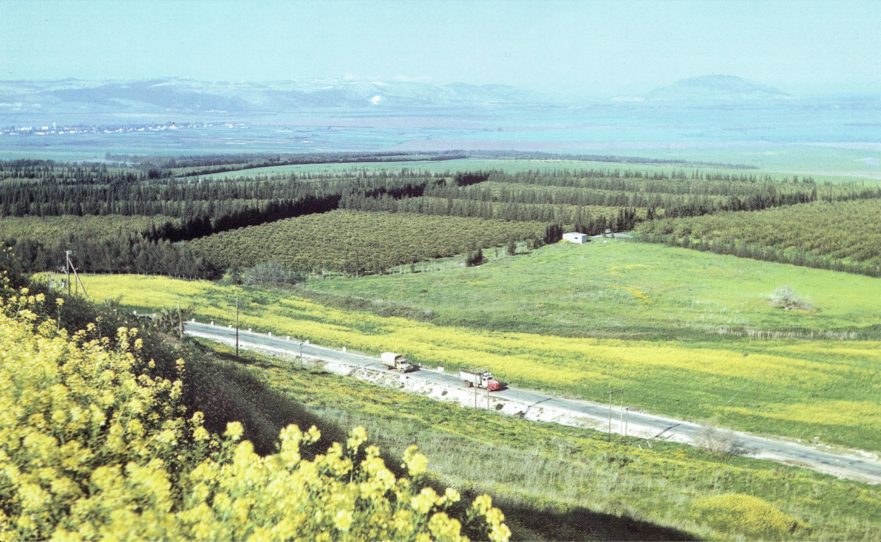
Preoccupation with Christ’s second coming underlies much professed love for and interest in the Jewish people and their homeland. I find this “love” and “interest” cause for concern.
Deuteronomy 30:19: Choose Life!
Sermon preached on February 17, 1996.
Gergesa: Site of the Demoniac’s Healing
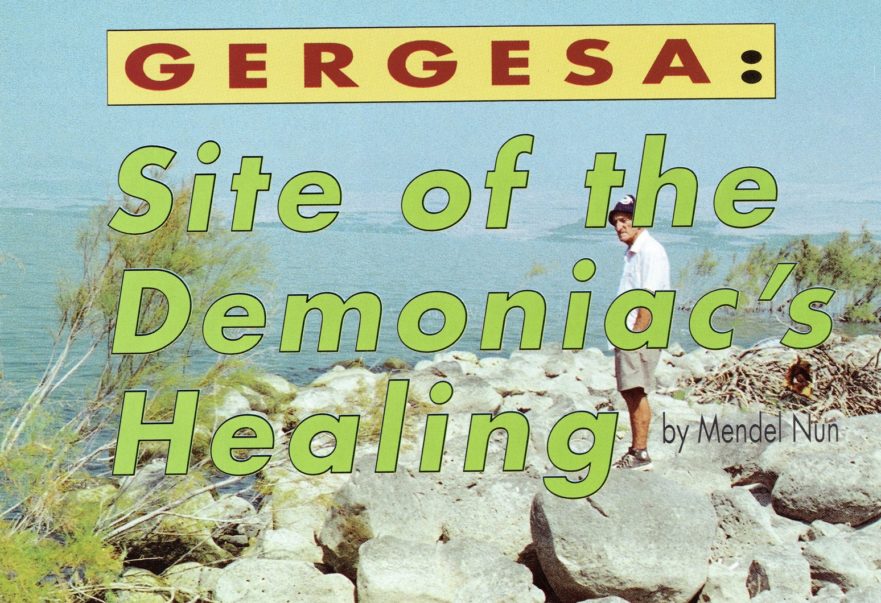
The recent discovery of many of the ancient harbors that ringed the Sea of Galilee is an exciting chapter in Sea of Galilee research. One of these harbors is located at Kursi, ancient Gergesa. In this article, Mendel Nun contends that the demoniac’s healing and the miracle of the swine took place at Gergesa, not Gadara or Gerasa.
Stewards of God’s Keys
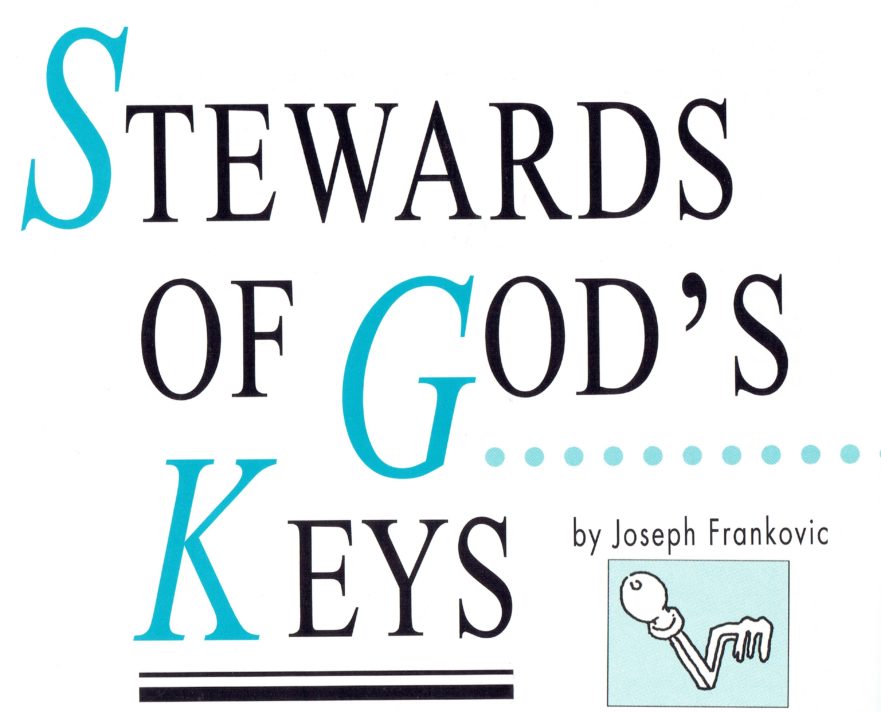
Jesus gave his disciple Peter the “keys of the kingdom of heaven” and promised that whatever Peter “bound” and “loosed” on earth would be “bound” and “loosed” in heaven. What scriptural allusions lurk beneath these expressions and what are their implications? How does the Jewish literary background of Matthew 16:19 help us better appreciate Jesus’ words?
Mark 15:34: Did God Forsake Jesus?
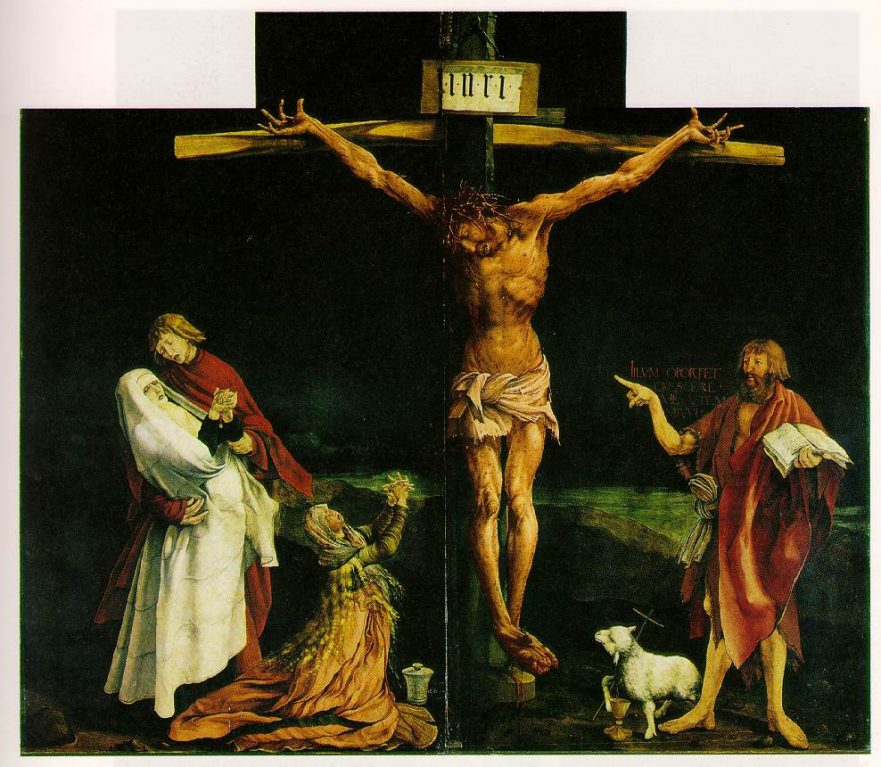
I’ve been thinking about Psalm 22 lately and wondering if our Savior wasn’t perhaps giving one final teaching even from the cross. His cry of “My God, my God! Why have you forsaken me?” couldn’t be the voice of a despairing man.


